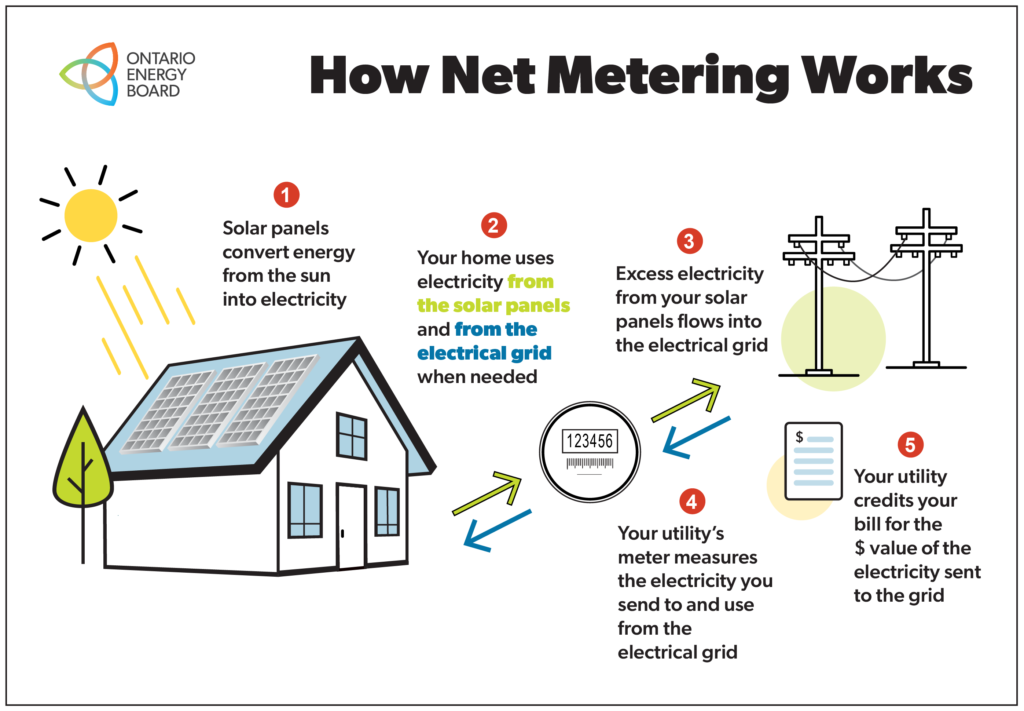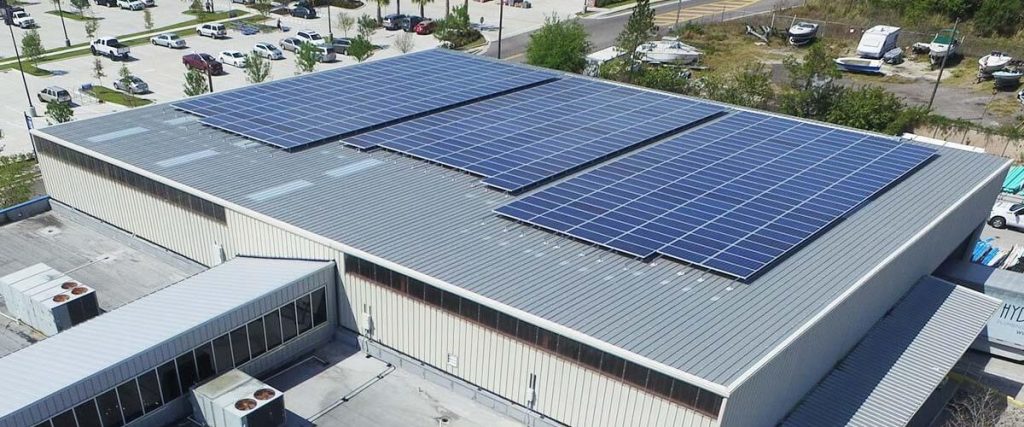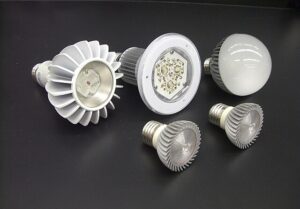Installing solar panels is the way, going forward, to prevent global warming and cutting down on carbon emissions. The sun is used as a source of infinite energy to power industrial establishments and homes in a green and sustainable manner.
Understanding Solar Net Metering
It is also known as net energy metering (NEM). Net metering is a utility program in which your power company or power supplier agrees to buy your excess solar power generated by your panels. These could be installed at your home, a commercial or an industrial facility. The purchase is made at the complete prevailing retail charges of electricity.
In other words, if you have solar panels generating more electricity than consumed by your setup or home, the power utility company will purchase excess electricity. This is bought at the full rate by giving you credit.
This arrangement between the utility company and solar panel users makes net metering a great incentive for going green and saving money. You can imagine the advantages of this if most individuals go in for this system. Power is saved, and costs are significantly curbed.

Financial And Other Benefits with Solar Net Metering
There are clear financial benefits from net metering:
- Net metering provides you with credit for giving electricity to the energy company. The provider of electricity will, in turn, offset the credits from your future monthly power bills. Consequently, you get total value for money in generating solar power from your own solar panels. in case you scale up your solar panels, the potential for eliminating your future monthly bills occurs.
- Solar net metering allows you to send your excess power directly to power companies’ grids, shortfalls drawn directly from the utilities grid on a need basis. This helps prevent the cost of installing heavy batteries used for stability and balance of the solar panel system.
- In the event you have shortfalls in power due to solar power (on a cloudy day, for instance), you get the adjustment from the power company automatically. Contrastingly, if the power company falls short of power, they can get it from your solar panels automatically.
- Solar panels have no mechanical parts or batteries. This makes the maintenance convenient and easy as all that’s needed is cleaning / washing of the solar panels on the rooftop every week. Maintenance costs are prevented. Nonetheless, you should note that, for solar panels to work well, they must remain in immaculate condition. This is not a challenge for most solar panel owners.
Understanding Payback Period of Solar Panels
Solar power generation is a completely renewable solution which may result in a robust advantage.
Solar energy is a good investment as it pays back via low energy generation cost from the very first day. It also opens up new streams of revenue generation with programs such as net metering, monetization of rooftop spaces, empty land and parking lots.
The payback period depends on various factors such as:
- Current Energy Bills- If the power company related to your home or industrial set up has hefty power charges, then the payback period can be relatively short. Consequently, the first step prior to installing solar panels is to study your energy rates and bills. It will help you do some rough calculations on your payback period.
- Upfront Cost of Solar System Installation- Cost of your solar equipment coupled with the solar incentive schemes available at your location makes up the costing for the solar system. Many states and countries offer incentives to support solar system installations to make it cost effective. There are several kinds of incentives provided and these vary from state to state. For example, some states will provide upfront tax incentives for installing solar systems. Other kinds of incentives could be potential for additional revenue generation such as, certificates for renewable energy and net metering. If you install, you are in a win-win situation.
- Leveraging Financial Options for Solar Installation- Another critical aspect is how the solar system installation is funded upfront. It can either be by paying the total sum upfront or by taking a low interest financial loan. It is usually suggested that you take a low interest loan to fund a solar project which requires upfront capital. It will allow the solar system to pay for itself over time by reaping the benefits of several incentives such as the tax benefit, solar net metering and others.
The typical payback period observed over time is anywhere between 3-5 years after installing the solar panel system. The lifespan of a solar panel system ranges anywhere from 20 to 30 years approximately. Given its long lifespan, once the solar system is paid for, the industrial or home setup benefits from the zero-cost solar panel system which generates free electricity. This is a boon with rising costs due to inflation, and power costs surging.
Future Rate Hike Insurance
Another advantage of the installation of a solar panel system is that the net metering program covers any future rate hikes. The rate hike is simply covered due to the fact that the energy company buys the excess electricity at the same rate as the rate at which it is selling the electricity. As a result, once the solar system is paid for, the electricity it generates is free and can also be used to generate revenue.
Summary
The world is facing unprecedented global warming challenges and carbon emissions. Installing solar panels and entering into a solar net metering incentive program is a great way to go green and have a sustainable source of energy. It also allows maximum space utilization as most homes and industrial unit rooftops are empty and do not generate any revenue. Installing solar panels on rooftops or empty spaces allows new revenue source generation coupled with renewable energy goals. If you don’t know where to start and want expert’s advice, let Daisy Energy help you. Contact us today for a free consultation.




































